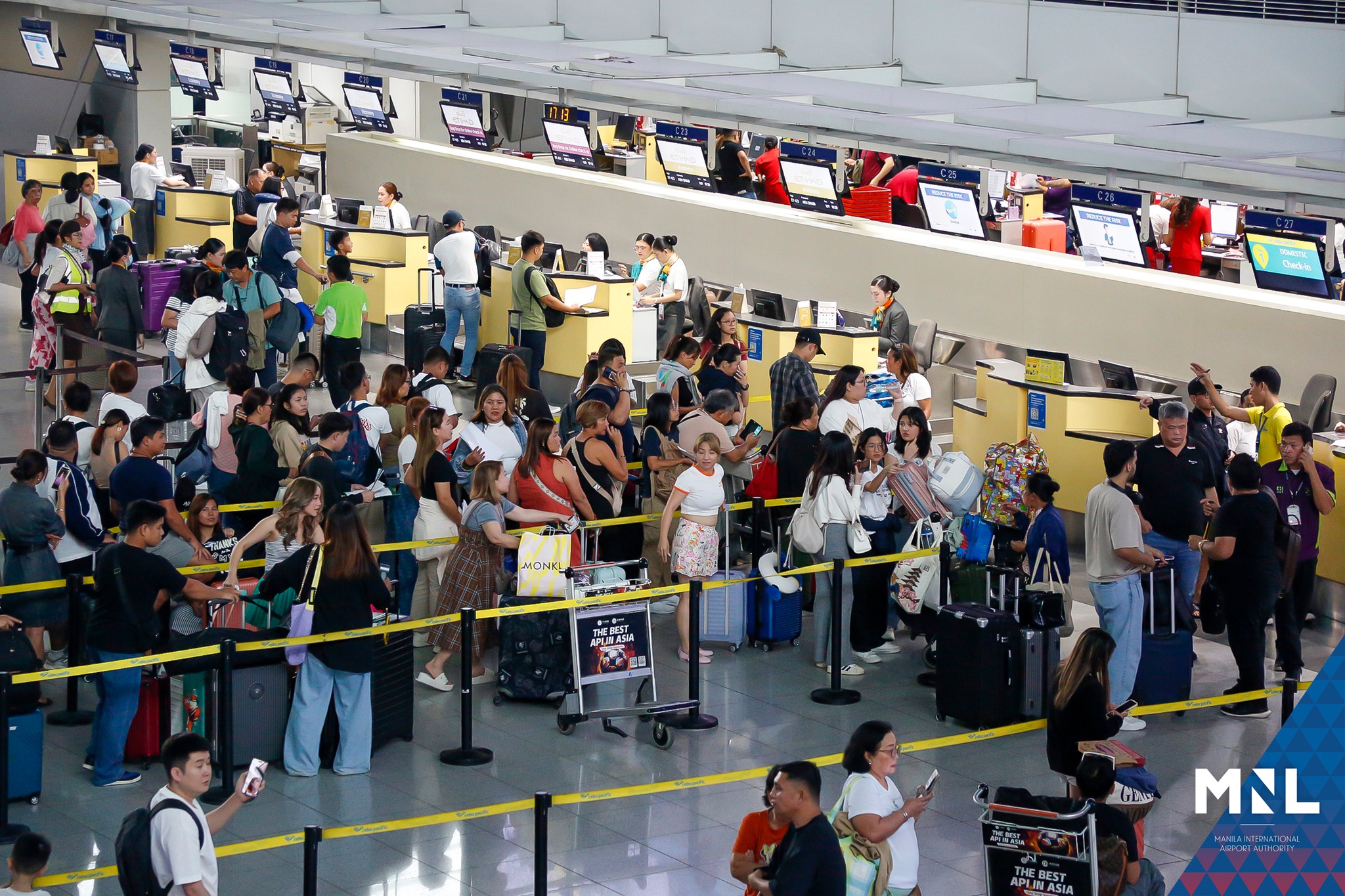
By Dean Aubrey Caratiquet
On Tuesday (Nov. 19), the House of Representatives approved on third and final reading House Bill (HB) No. 10914, or the “Free OFW Financial Education Act,” with 179 votes from lawmakers serving as a show of commitment to protect and empower modern-day heroes.
“This landmark legislation ensures that our overseas Filipino workers (OFWs) and their families will receive free comprehensive financial education, equipping them with the knowledge and tools they need to secure their financial future,” said Speaker Martin G. Romualdez.
“Through mandatory financial literacy training integrated into pre-departure and post-arrival seminars, along with online resources for OFW families, we are creating a support system that will help OFWs maximize their hard-earned income and protect them from financial scams and pitfalls,” the House leader added.
The proposed law will require OFWs to undergo continuously updated financial education or literacy training seminars as part of their Pre-Departure Orientation Seminars (PDOS) and Post-Arrival Training Seminars (PATS), as well as provide overseas Filipino seafarers with the option to attend these seminars at their respective points-of-hire or within a reasonable time after their return to the country.
Under HB 10914, the Department of Migrant Workers and other government agencies will be tasked to educate OFWs and their families on the topics of consumer protection, protection on mortgaged or collateralized properties, avoidance of exorbitant interests on loans or debts, and credit information on micro- and small-scale enterprises to prospective lenders.
The program will also orient them about obligations and contracts, credit transactions, interests, pledges, mortgages, guarantees, and knowledge of financial products like stocks, bonds, insurance, and mutual funds.
Representatives Joey Salceda, Salvador Pleyto, Ralph Wendel Tulfo, Jocelyn Tulfo, Erwin Tulfo, Edvic Yap, Eric Yap, Jude Acidre, Ron Salo, Danny Domingo, Presley De Jesus, Lex Anthony Colada, Glona Labadlabad, Yedda Marie Romualdez, Kristine Tutor, Julienne “Jam” Baronda, Raymond Democrito Mendoza, and Marissa “Del Mar” Magsino are the principal authors of the bill.
Discounted remittance fees for OFWs OK’d by House
On the same day, a bill protecting and providing a hefty discount to the remittances sent by overseas Filipino workers to their families back home was approved by the House on third and final reading.
House Bill (HB) No. 10959 also known as the Overseas Filipino Workers Remittance Protection Act, entitles the country’s modern-day heroes to a 50 percent discount on fees or charges imposed on remittances, either by banks or non-bank institutions, to their families in the Philippines.
Philippine remittances of OFWs have an average of more than USD30 billion yearly—the fourth largest in the world after India, Mexico, and China—keeping the local economy afloat for several decades now.
“This is one way of showing our unsung heroes, our more than 10 million OFWs across the globe, that we really care for them, and we have the compassion to help them lighten their burden for all their sacrifices, being the breadwinners of their families,” Speaker Martin Romualdez said.
The measure, authored mainly by Senior Deputy Speaker Aurelio “Dong” Gonzales Jr. (Pampanga 3rd District), was sponsored in the plenary by House Assistant Majority Leader Jude Acidre (Tingog Party-list), chairman of the House Committee on Overseas Workers Affairs.
“This provides incentives to encourage remittance centers to grant the discount. The centers may claim the discounts granted as tax deductions based on the cost of services rendered to OFWs to be treated as ordinary and necessary [expenses] deductible from their gross income,” Acidre said.
All banks and non-bank financial intermediaries, under the approved bill, are prohibited from raising their current remittance fees without prior consultation with the Departments of Finance (DOF), Migrant Workers (DMW), and the Bangko Sentral ng Pilipinas (BSP).
The provisions of the Act shall be applicable to all OFW remittances, whether voluntary or mandated by law, orders, issuances, or rules and regulations.
-av
